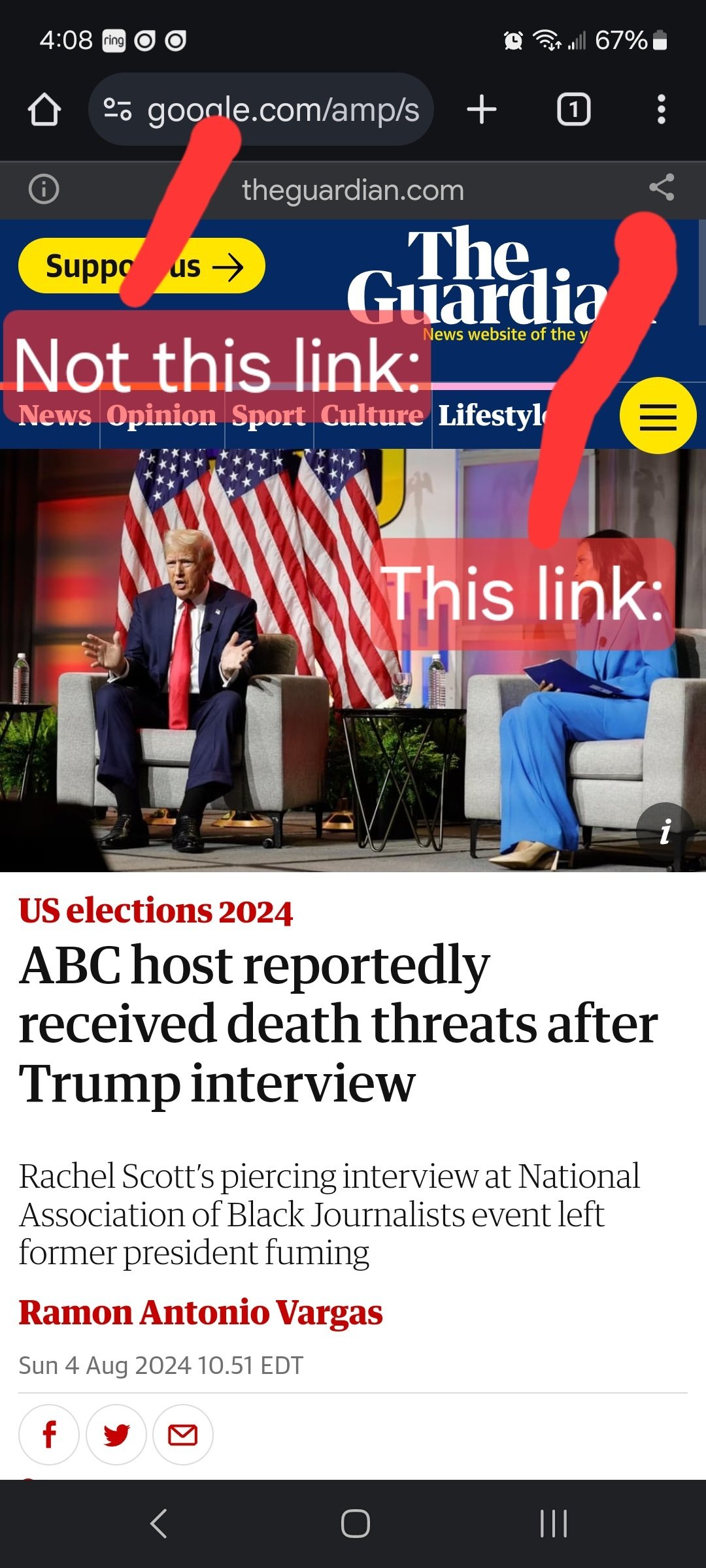politics
Welcome to the discussion of US Politics!
Rules:
- Post only links to articles, Title must fairly describe link contents. If your title differs from the site’s, it should only be to add context or be more descriptive. Do not post entire articles in the body or in the comments.
Links must be to the original source, not an aggregator like Google Amp, MSN, or Yahoo.
Example:

- Articles must be relevant to politics. Links must be to quality and original content. Articles should be worth reading. Clickbait, stub articles, and rehosted or stolen content are not allowed. Check your source for Reliability and Bias here.
- Be civil, No violations of TOS. It’s OK to say the subject of an article is behaving like a (pejorative, pejorative). It’s NOT OK to say another USER is (pejorative). Strong language is fine, just not directed at other members. Engage in good-faith and with respect! This includes accusing another user of being a bot or paid actor. Trolling is uncivil and is grounds for removal and/or a community ban.
- No memes, trolling, or low-effort comments. Reposts, misinformation, off-topic, trolling, or offensive. Similarly, if you see posts along these lines, do not engage. Report them, block them, and live a happier life than they do. We see too many slapfights that boil down to "Mom! He's bugging me!" and "I'm not touching you!" Going forward, slapfights will result in removed comments and temp bans to cool off.
- Vote based on comment quality, not agreement. This community aims to foster discussion; please reward people for putting effort into articulating their viewpoint, even if you disagree with it.
- No hate speech, slurs, celebrating death, advocating violence, or abusive language. This will result in a ban. Usernames containing racist, or inappropriate slurs will be banned without warning
We ask that the users report any comment or post that violate the rules, to use critical thinking when reading, posting or commenting. Users that post off-topic spam, advocate violence, have multiple comments or posts removed, weaponize reports or violate the code of conduct will be banned.
All posts and comments will be reviewed on a case-by-case basis. This means that some content that violates the rules may be allowed, while other content that does not violate the rules may be removed. The moderators retain the right to remove any content and ban users.
That's all the rules!
Civic Links
• Congressional Awards Program
• Library of Congress Legislative Resources
• U.S. House of Representatives
Partnered Communities:
• News
view the rest of the comments
Who would throw it away? Most likely the states, possibly the military, and least likely but possible, a popular movement of the people.
In the event of the collapse of the federal government the states still have their individual governments. It'd be painful everywhere and especially painful in most red states but we wouldn't necessarily have a total political collapse.
I do agree that it's extremely unlikely to happen.
The military certainly has no desire to try to run a country this large and complicated, that only works out in smaller, less developed nations and even then they usually hand it over as fast as possible to a new government. I don't see a populist uprising on either side of politics actually forming any kind of movement with power either, people are too comfortable and too checked-out from politics broadly. Sure, we see huge no-kings type protests, but these are more like weekend activities than real action, a demonstration, not a revolution.
People want narratives more than they want to actually set fire to buildings and break a system that has been keeping them comfortable. They want to participate in something that they think will make their lives immediately better if they're going to expend this kind of energy and risk their entire life and job.
More realistically, we will see a gradual increase in redistricting fights until representation in congress and senate becomes just for show and ceremony, meaning that if every state can just make up the value of their electorate maps, there's no point in having federal representation and some states will gradually start to renegotiate what they're contributing in federal taxes.
(This will lead to election reform, but not in a good way.)
From there, you will see states that make more money like California and New York start forming their own partnerships with neighboring states and negotiating international trade without the US government. These alliances will go on to start forming new agreements and documents between each other, designating regions by setting their own tax and trade rules, and eventually these regions or alliances of states will basically draft their own constitutions as they start to build their own military forces for defense and political capital, likely using existing local bases and forces which will be slowly re-incorporated into the new government systems.
These things happen painfully slow, or blessedly slow depending on how fast you want to see the states crumble.
You would almost certainly see some of the states refederalizing very quickly if that happened.